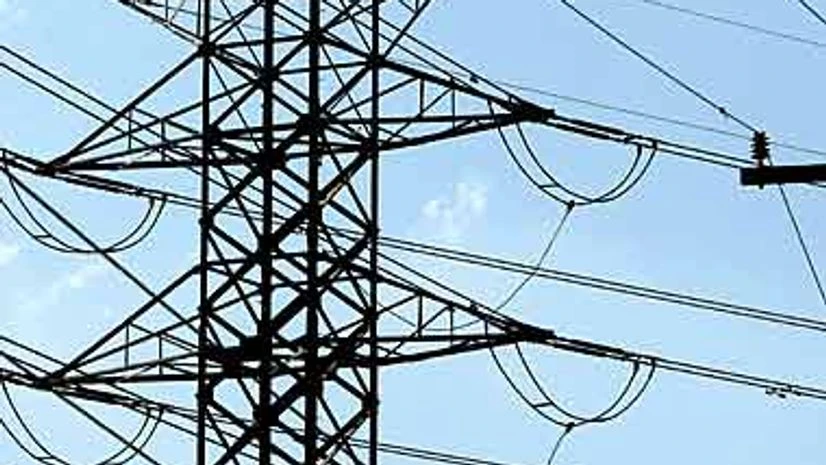Delhi's Reliance Infra-backed power distribution company BSES today announced plans to procure 700 MW of "green energy" for the city, in one of the largest such initiatives in the private sector.
The company said it has decided to procure both solar and non-solar power at under Rs 5 per unit through the "reverse auction" route to ensure an "extremely competitive" rate to benefit the consumers.
"This will open a new avenue of procuring power at competitive rates from renewable sources. The whole process is ultimately going to help consumers in getting cleaner energy at competitive rates and keep the retail tariffs low," said a BSES spokesperson.
More From This Section
The reverse auction route for procuring power is being taken to reduce the cost by Rs 200 crore annually. The last date for technical bidding for the project is January 18 and the actual flow of power is expected by end of the year.
In the reverse auction, a bidder has to quote a rate lesser than the amount mentioned and the lowest bidder becomes the winner.
The BSES, which distributes power to 70 per cent areas in Delhi, said it plans to procure clean power below Rs 5 per unit as apposed to Rs 6.19 per unit which was the lowest rate in an earlier bid.
"BSES discoms are always looking at various ways to reduce the power cost for their consumers. The discom has been exploring options to procure the renewable energy at competitive rates," said BSES.
BSES discoms had floated a tender in November 2014, where the lowest bid received was at Rs 6.19 per unit and average at Rs 6.4 per unit.
Finding the price expensive, BSES last year had written to Delhi Electricity Regulatory Commission (DERC) to withdraw the earlier tender and requested permission to procure both solar and non solar power through "reverse auction".
BSES officials said the route of reverse auction was envisaged to bring down the rates of procuring green power by Rs 200 crore annually.
In an order dated December 29, DERC allowed BSES discoms to procure renewable power through this process in line with MNRE guidelines.
"This process will enable BSES discoms to honour their Renewable Power Obligations (RPO) at a competitive rate, without burdening consumers," the BSES spokesperson said.

)
